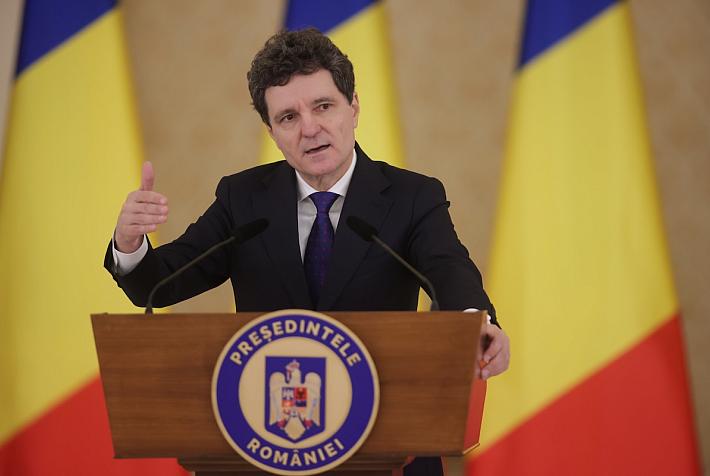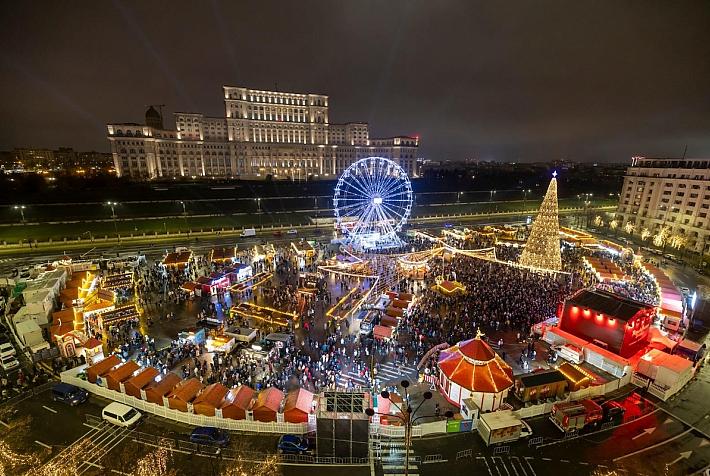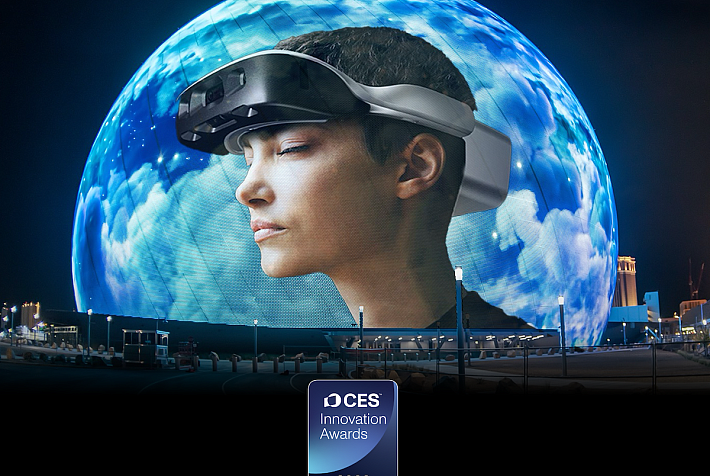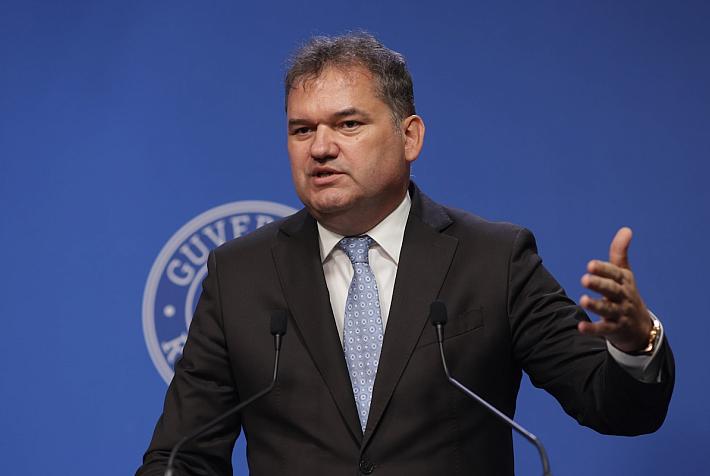Romanian film review: My Most Memorable of 2024
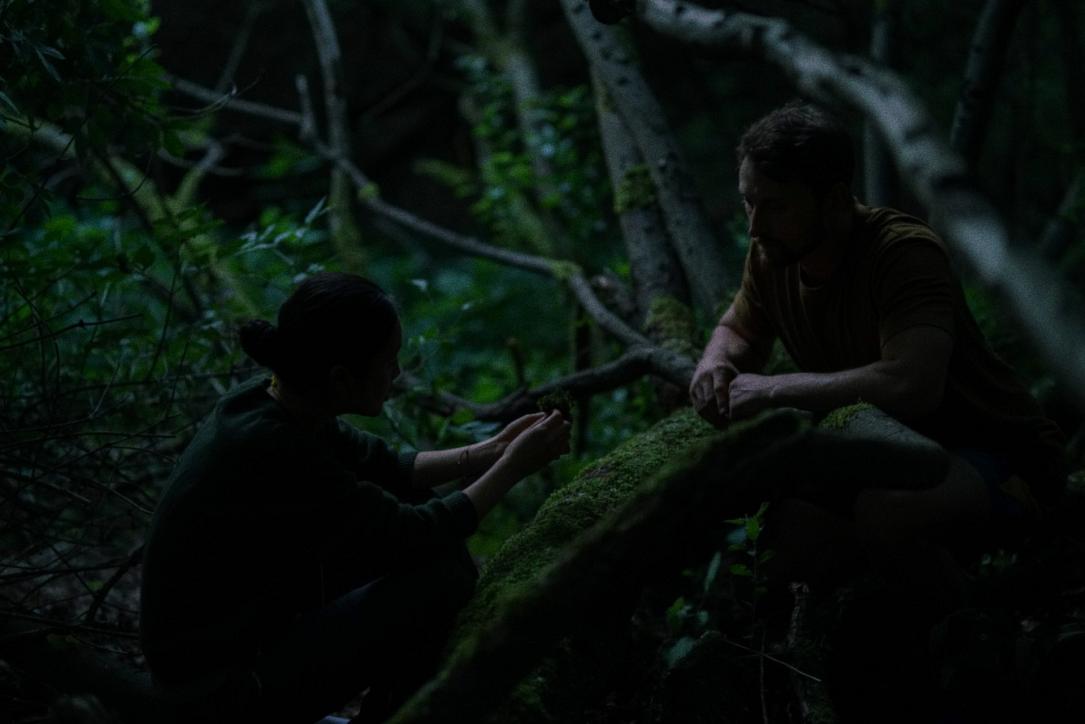
2024 is almost over, and before making any predictions, hopes or wishes for 2025, I will take this moment to look back and remember the pics that stayed with me most in the past months.
I will try to go in the order that I watched each, and I also included all trailers below for you to remember or just get curious. And what better way to kick off the list with a true energy ball, Tudor Giurgiu, Tudor D. Popescu and Cristian Pascariu’s Nasty. ‘Nasty’ is Ilie Năstase, the legendary, original ‘bad boy’ of tennis, and the documentary looks at the heyday of his career in the 1970s, using an impressive amount of archive material. A creative, fantastic athlete, he rose to no. 1 in the ATP rankings in 1973. His technique was surely impressive but what made the man (and the myth) was the spectacle of his game, his antics on and off the court. Năstase was a superstar and hugely popular, a prankster, a jokester, a live wire of emotions. I would have wished for a more in-depth look at the person behind the persona, but I still enjoyed the film tremendously, such great entertainment carried by Năstase’s joy and puckish troublemaking.
Each June, the Transilvania International Film Festival (TIFF) is the best place to catch the recent Romanian titles, and this is also where I saw most entries here. I was moved and surprised by Alexandra Gulea’s Maia – Portret cu maini/ Maia - Portrait with Hands, a poetic docu-fiction hybrid interlacing stories about the director’s grandmother and her Aromanian community. This is very personal, original filmmaking. I also walked into Alexandru Badea’s Magnificent Sky without any prior knowledge of its subjects, and it was a revelation. I hadn’t heard of Iancu Dumitrescu and Ana-Maria Avram, who composed avantgarde, experimental music as early as the 1960s and was amazed, especially by Avram’s eloquent elaborations on musical theory.
Surprising was the common denominator for all the films that left an impression. Gabi Virginia Șarga and Cătălin Rotaru’s Unde merg elefanții/ Where Elephants Go drew me in despite my scepticism because the story of a cancer-sick child and her mother meeting and bonding with an aimless young man would have made me literally run out of a theatre. This drama verges very close to cliché and sappiness but manages to avoid all of that, and has so many good moments. The directing duo have a refreshingly different take on storytelling, which makes their film a peculiarity in Romanian cinema and such a welcome one, a surprising mix of drama and comedy, unafraid of risking being silly or emotional. The main and biggest surprise, I think for both audience and jury, was also the winner of TIFF's Romanian section, Horia Cucută and George ve Ganæaard’s Dismissed/ Clasat. A low-budget, fully independently financed thriller disguised as a fake documentary investigating the suspicious death of an employee of an AI company. Made up mostly of talking heads, this is densely plotted, clever stuff, using its ‘limitations’ to the best effect. It (seemingly) came out of nowhere and made the most fun splash.
I was not surprised at all that Emanuel Pârvu’s Trei kilometri până la capătul lumii/ Three Kilometres to the End of the World was good, having been released in Romania after an award-winning festival run, but I did not expect it to be so thrilling; I watched half of it on the edge of my seat. The fantastically tense drama plays out across a few days and turns the screw slowly until you can hardly take it. Set in a village of the Danube Delta where a gay local teenager is brutally beaten, it follows his father’s frantic attempts to keep his son’s sexuality hidden and (in the film's most disturbing episode) "cure" it, while the young man is left (mostly on his own) to find a way out. It is a beautifully shot film, often in still, panoramic shots. It marches towards its climax at a steady pace and is Emanuel Pârvu’s most accomplished film, an assured, lean thriller with no distractions, and one of the best-crafted films I saw this year. Not all the filmmakers’ choices sat well with me, but I admire them for making a gay-themed drama that does not exploit its theme in any way and pleads for reason over ignorance.
Also a film on families, but completely different in focus and form, is Tudor Platon’s documentary O familie aproape perfectă/ An Almost Perfect Family, a film I admire very much in its open, courageous, often vulnerable and intimate manner of observing and questioning how we talk to each other and how different generations cope with life’s 'big' moments: relationships, parenthood, marriage, estrangement.
The last title in this best-of list is stretching the rules quite a bit: it was neither launched in 2024 nor is it (strictly) a Romanian production, and I certainly didn’t catch it recently. But it is one of my favourites of the past years, and it was screened at ESTE FILM in spring, so here we are. Bas Devos’ Here stars Romanian-born actor Ștefan Gota playing a young Romanian who works several jobs in Brussels and who prepares to go home during his summer holidays. He meets with colleagues, friends, his sister, and, on one of his nature walks, a young woman who studies moss. What might sound pretentious is a tender, uplifting film about everyday wonders and the joy of being curious, and the most insightful, gentle take on belonging, isolation, and all the feelings in between. Ștefan is part of a larger Romanian community abroad, and Devos manages to portray the community most accurately and with great care. These are thoughts, dialogues, scenarios so typical for so many, balancing a life in a foreign city with the pull of home. Some are more settled and content, some are less so, some are constantly ambivalent, and I was beyond moved watching these characters. Devos managed to make the most ‘realistic’ film on Romanians abroad, endow it with a great sense of (melancholic) beauty, and embed it in a larger context of multi-cultural cities. The young scientist Ștefan meets is of Chinese origin, and so Bad Devos’ gorgeously lit Brussels, its streets, parks, and cafés are the places where experiences and languages intertwine; watching them makes for the most wondruous encounter. A most lovely film to end the review of a year that has ended, and to make a hopeful segue into the coming one.
By Ioana Moldovan, columnist, ioana.moldovan@romania-insider.com
Photo info & credit: still from Here, courtesy of Berlinale, © Erik De Cnodder






